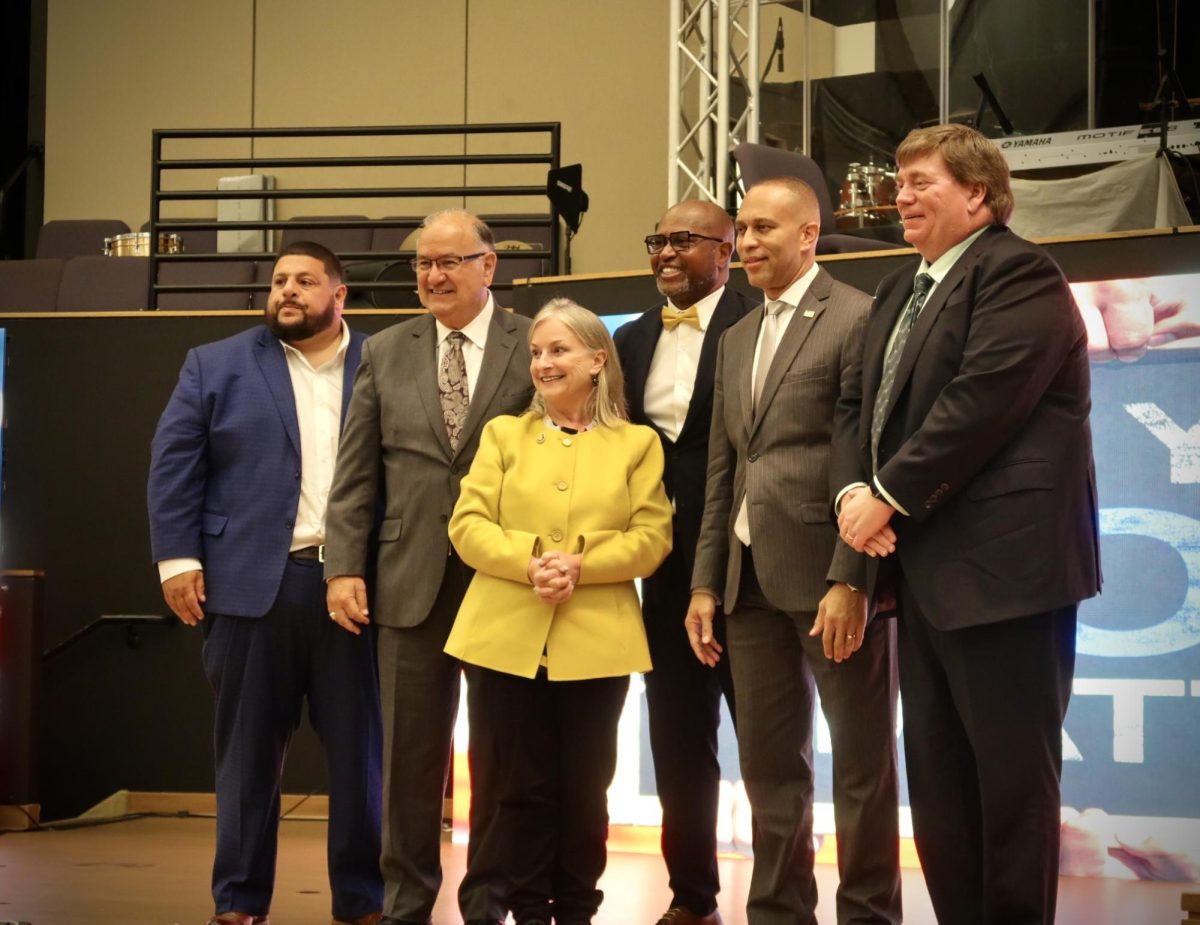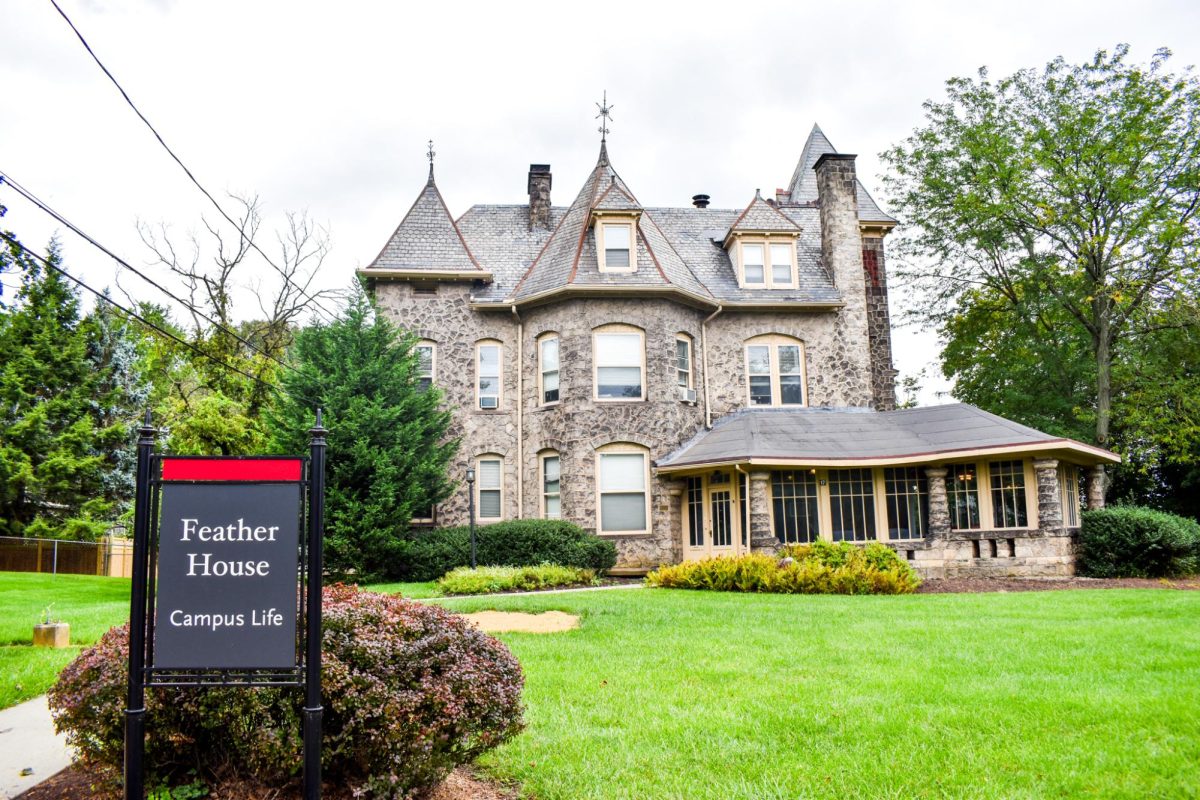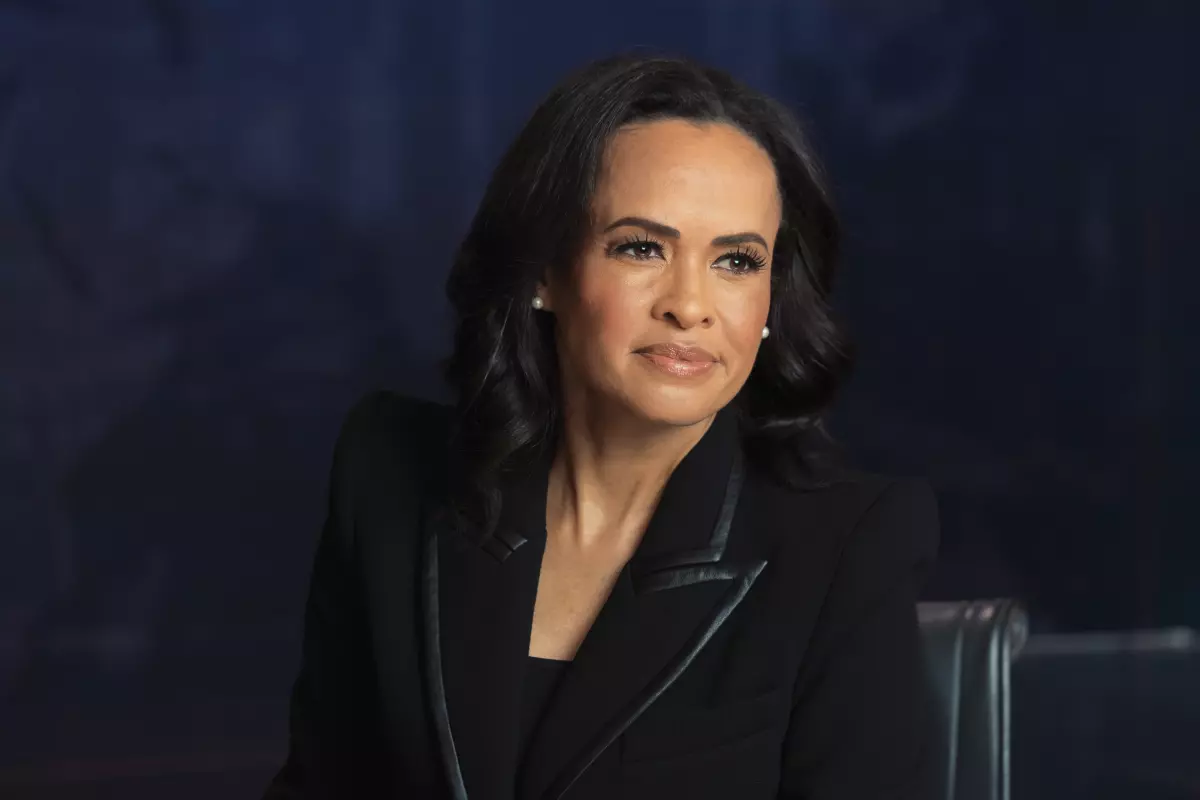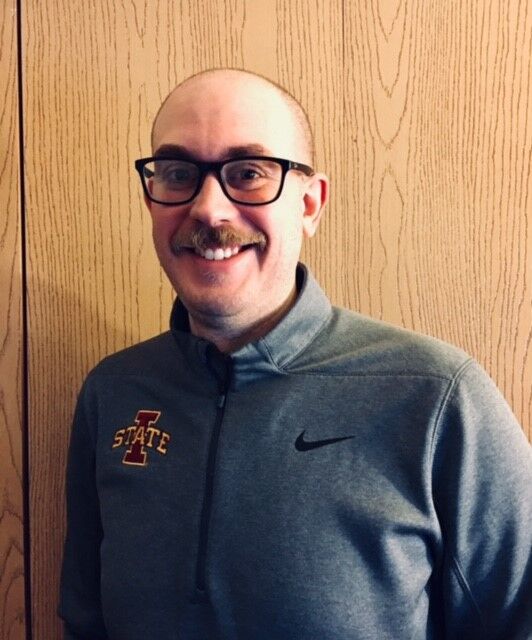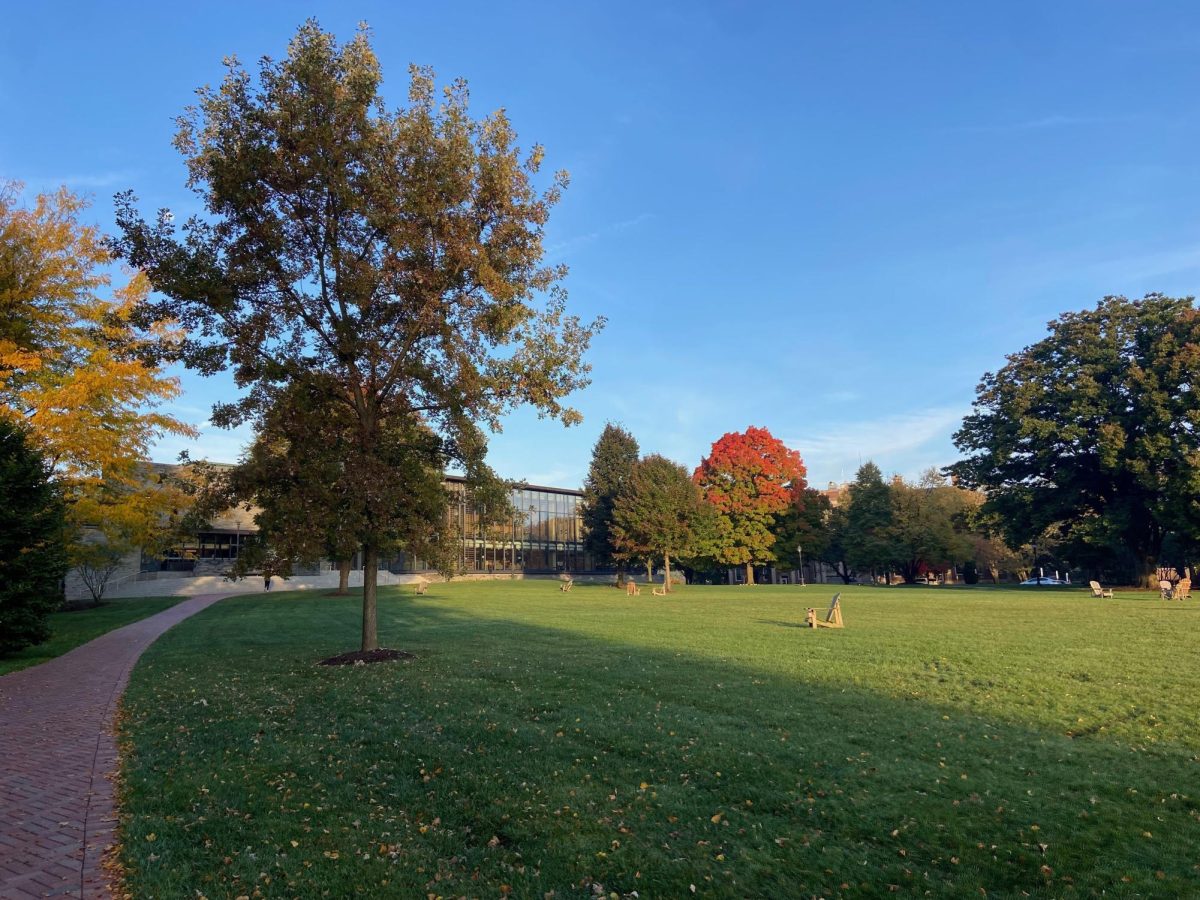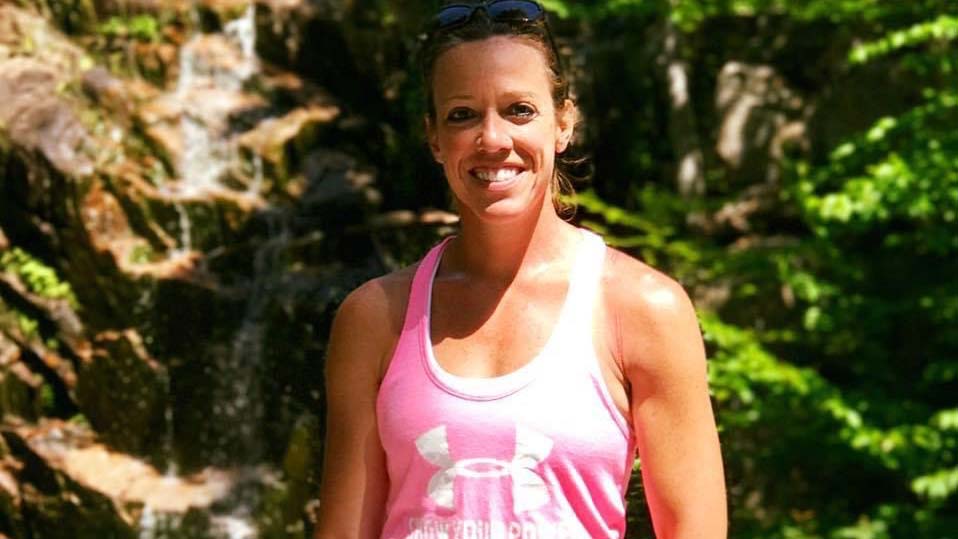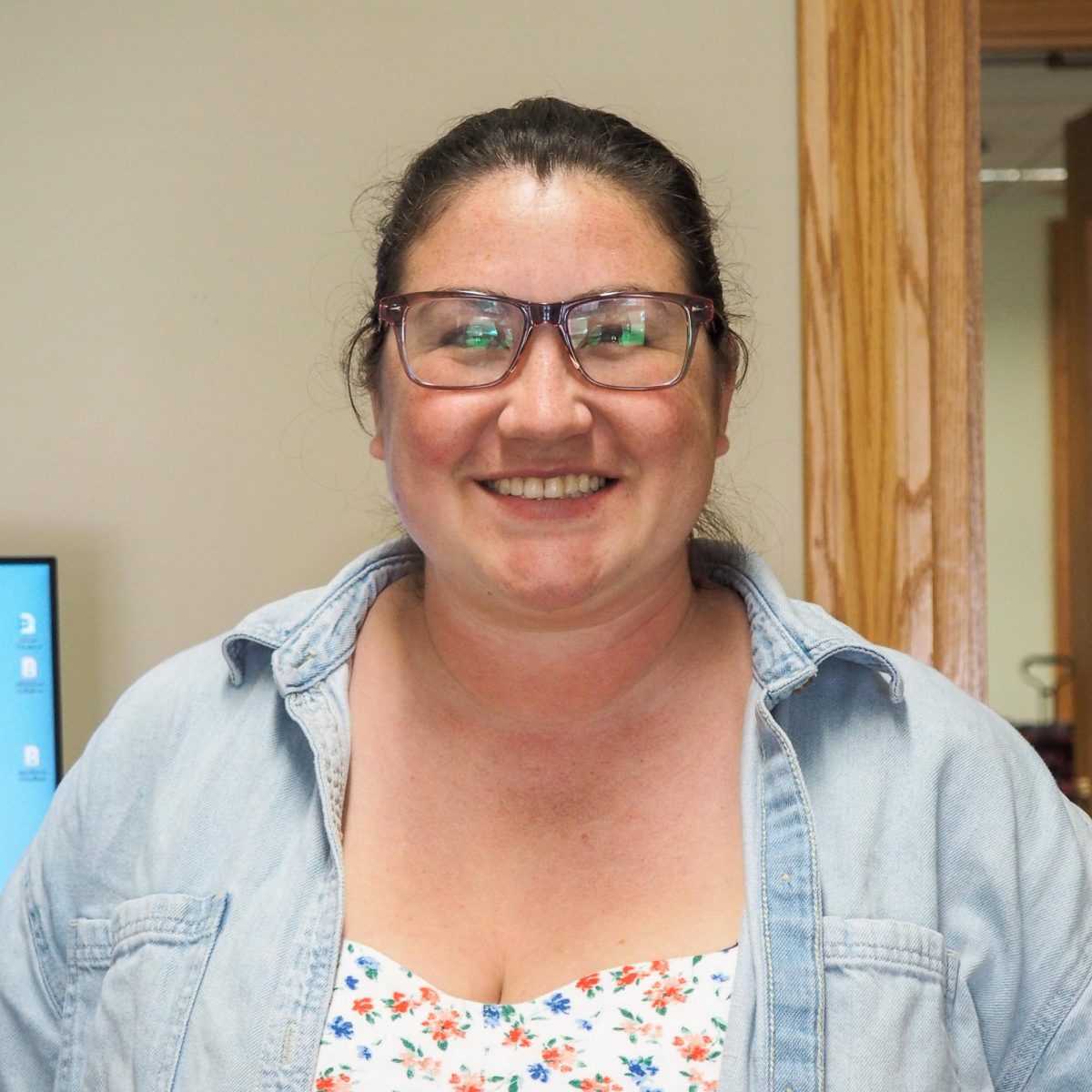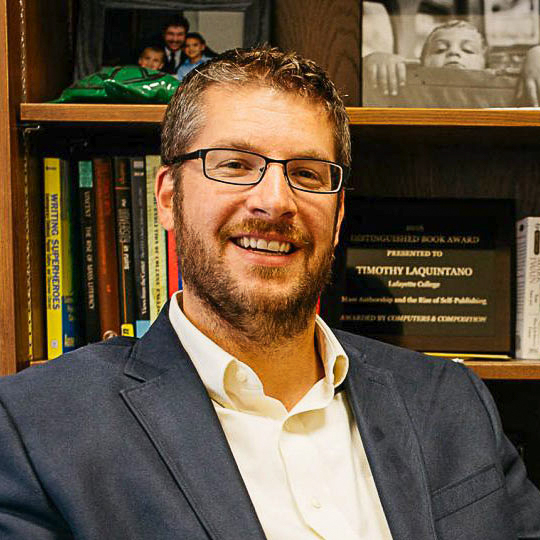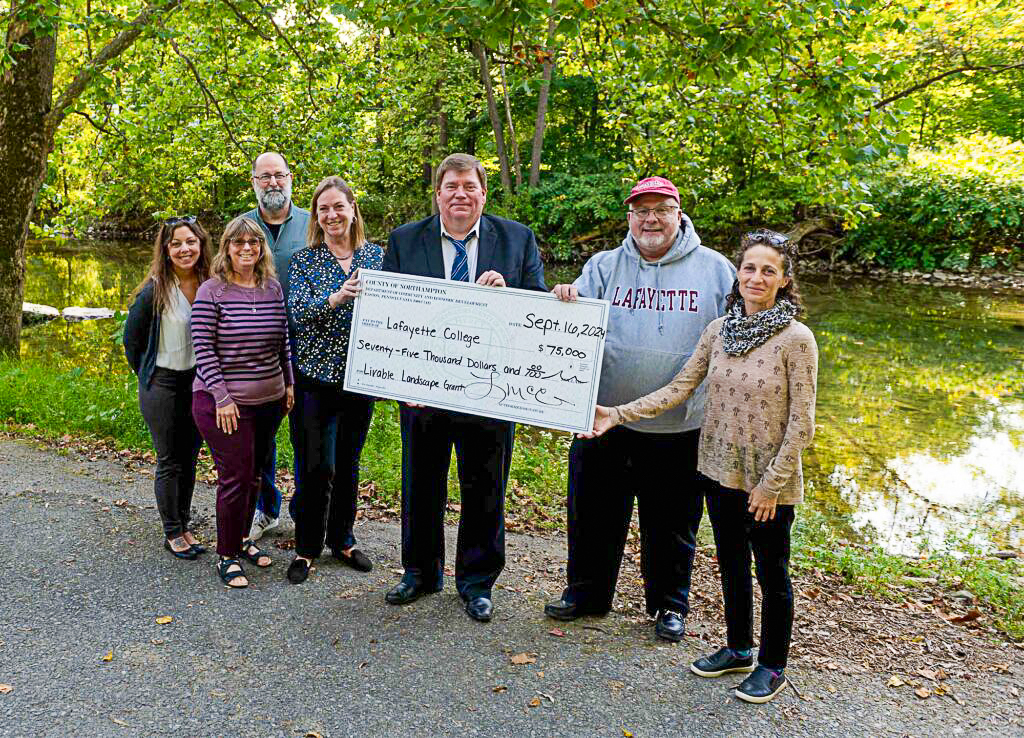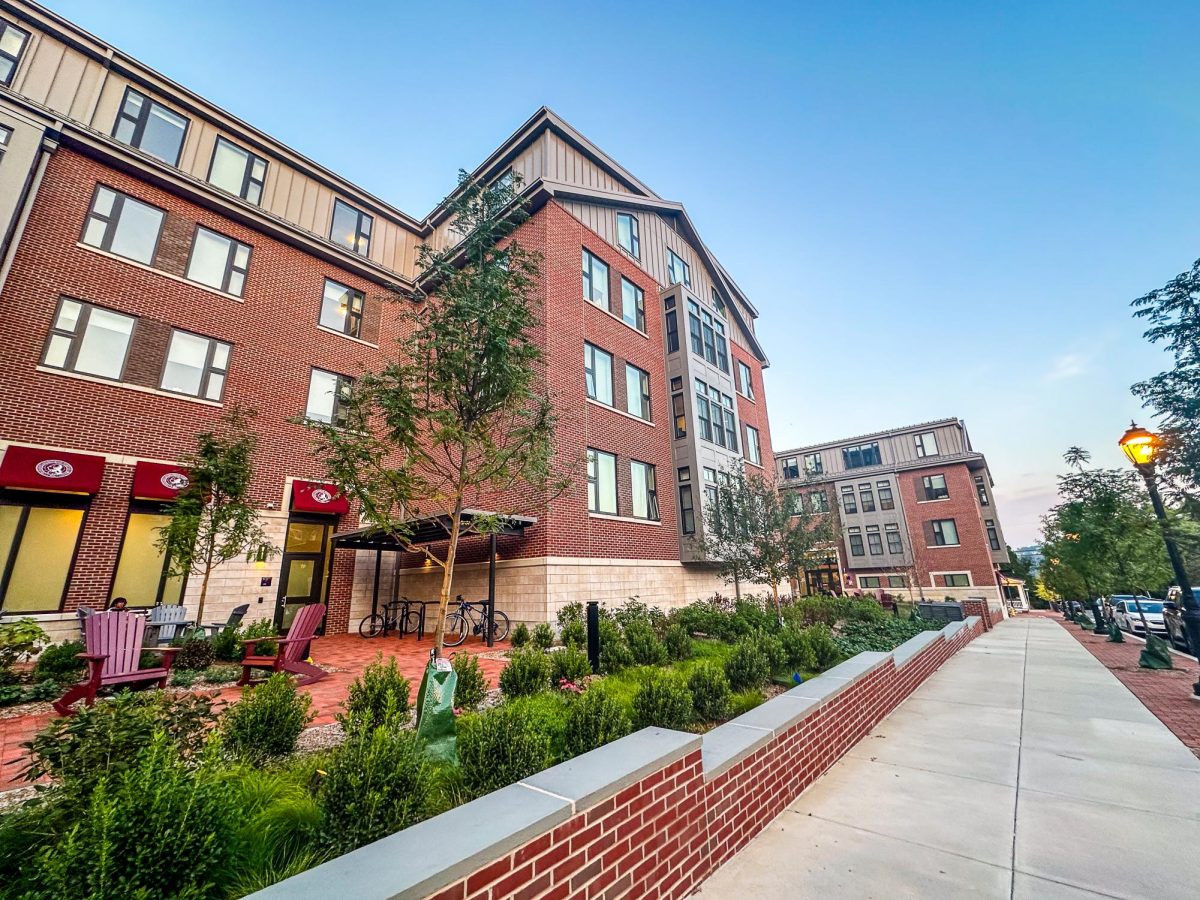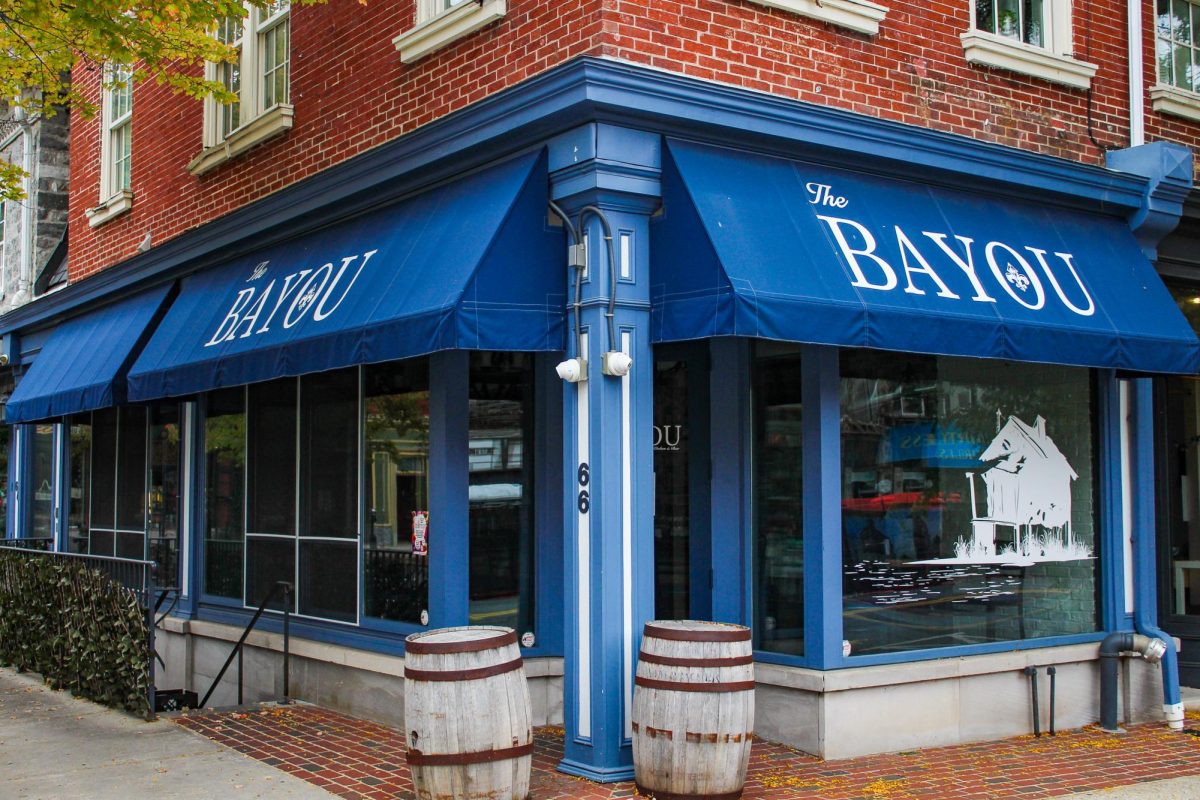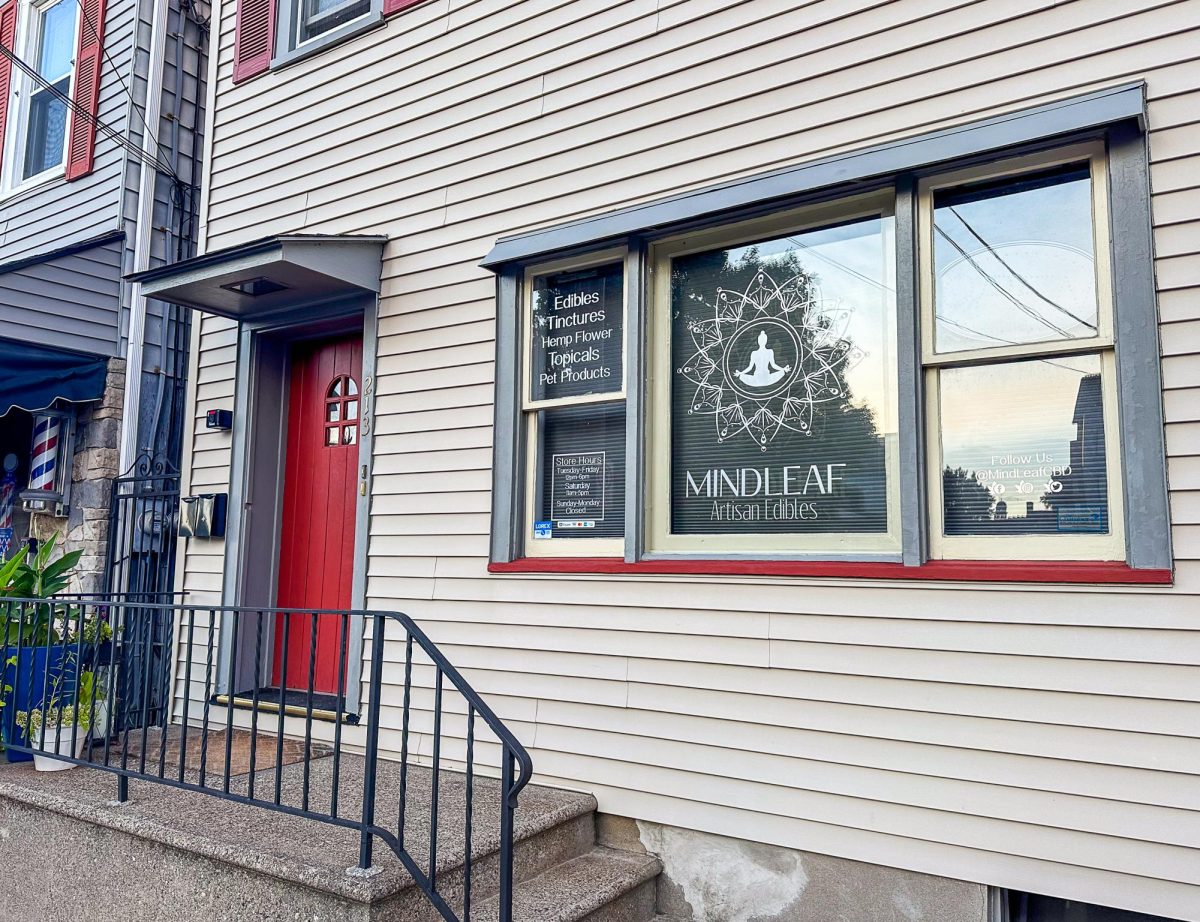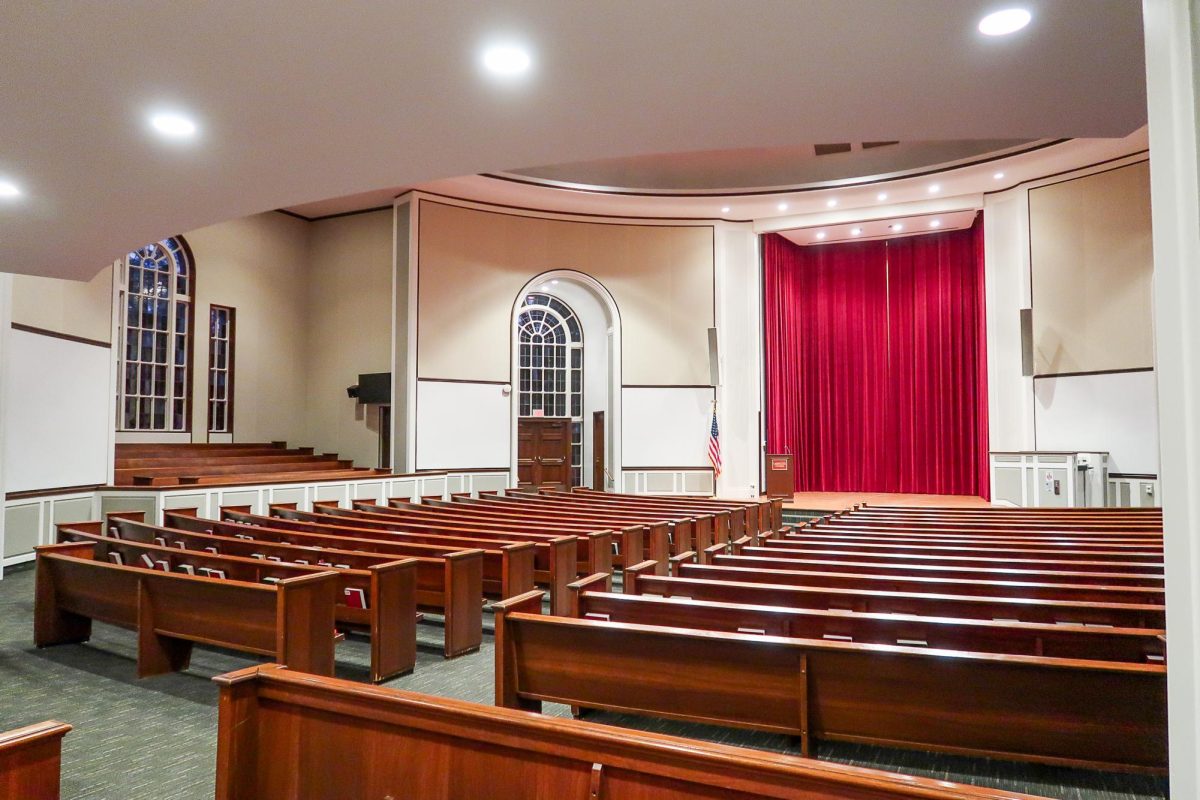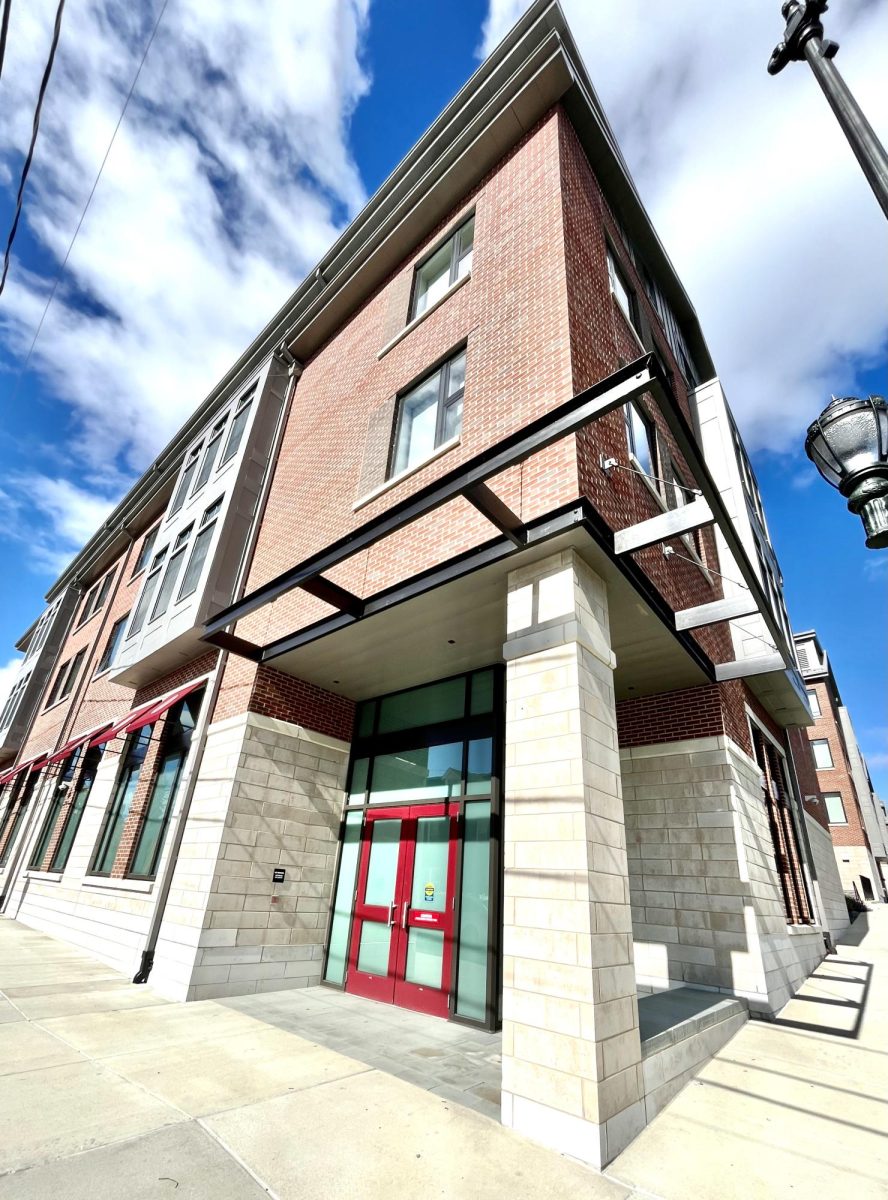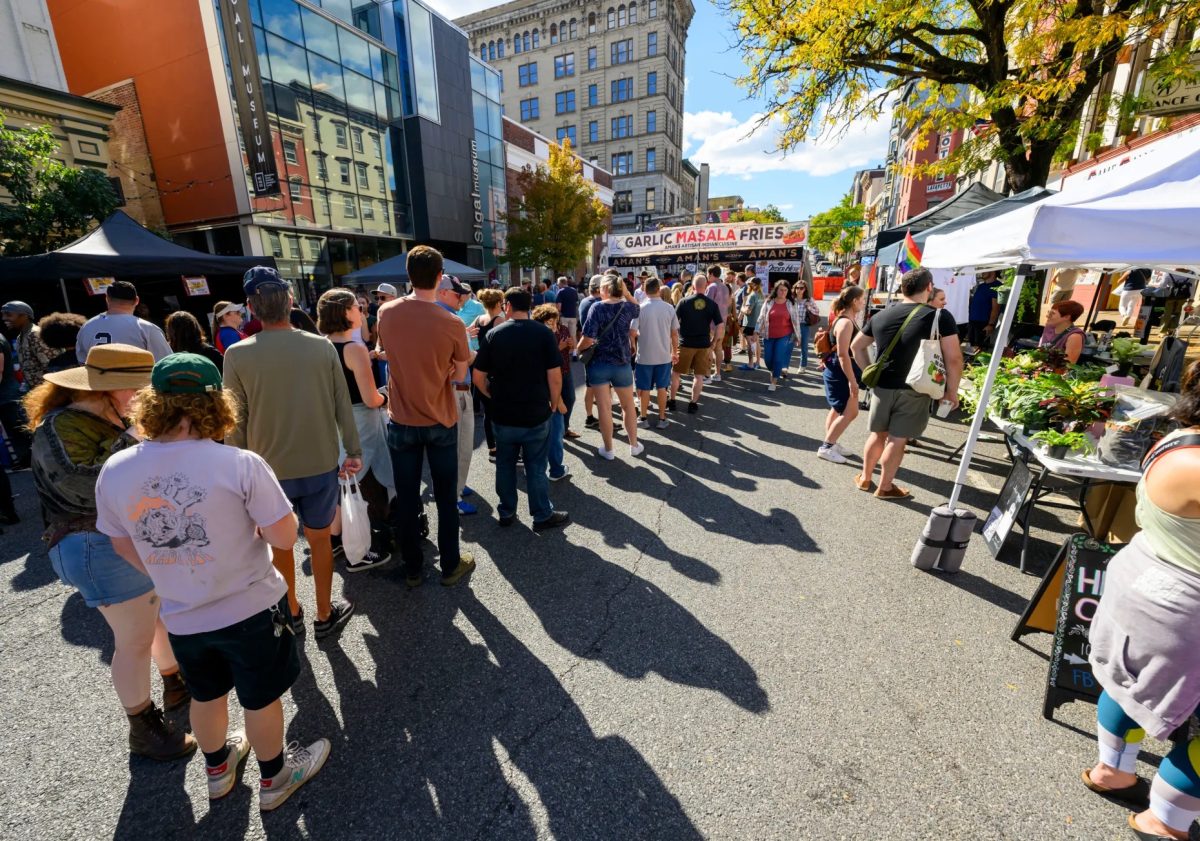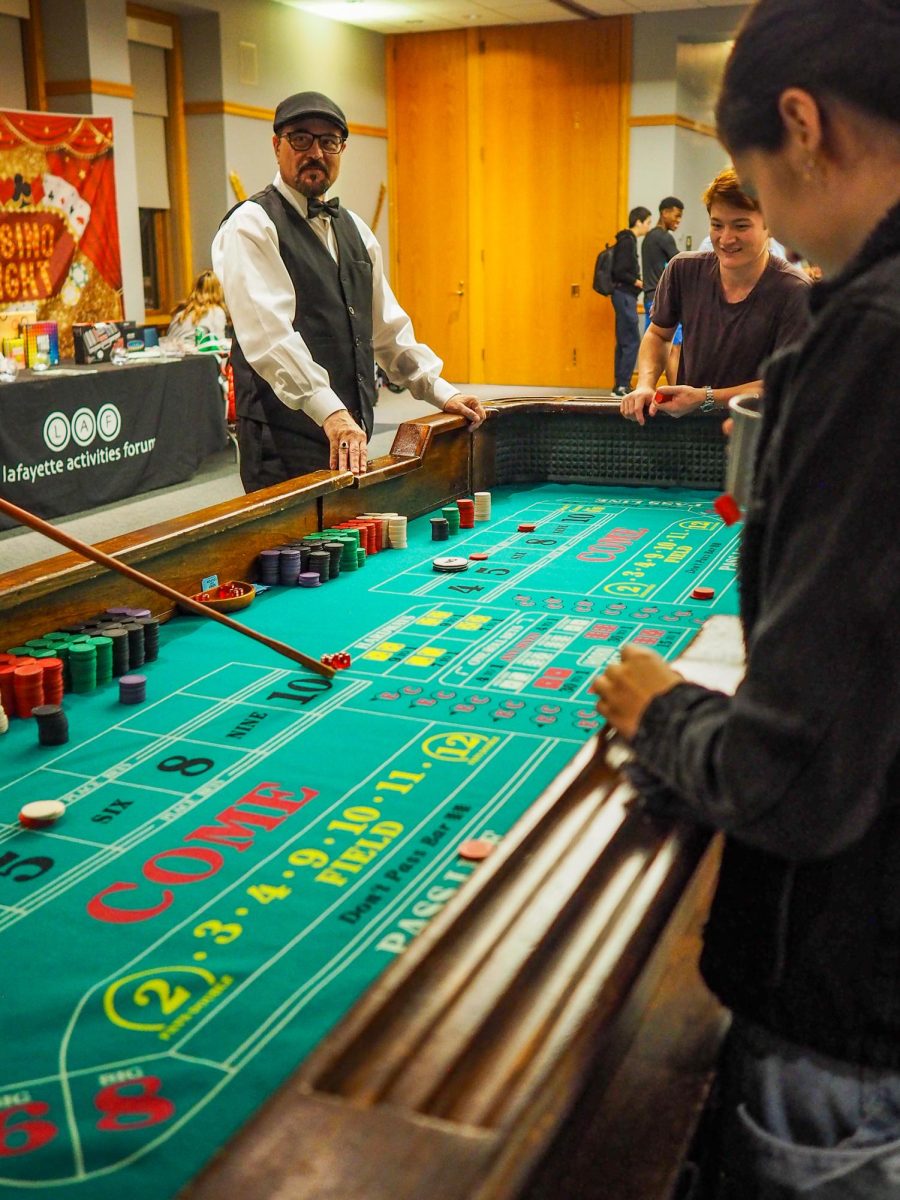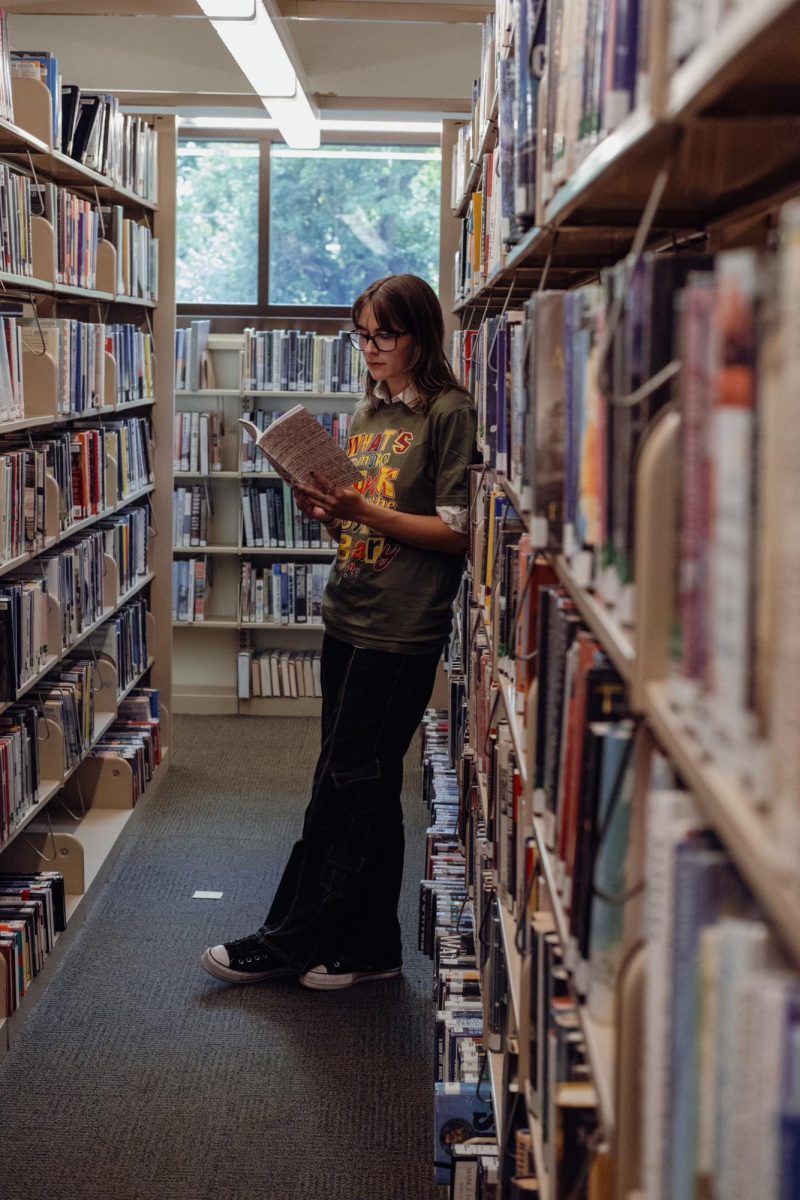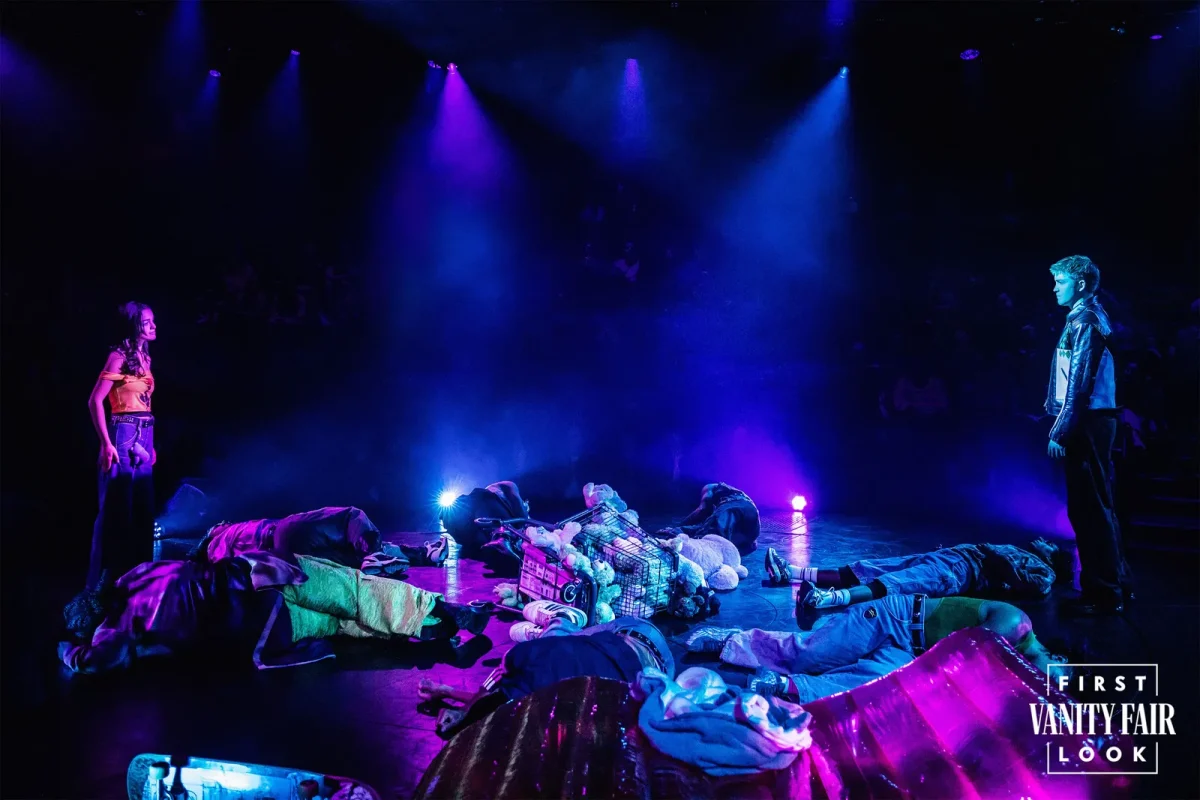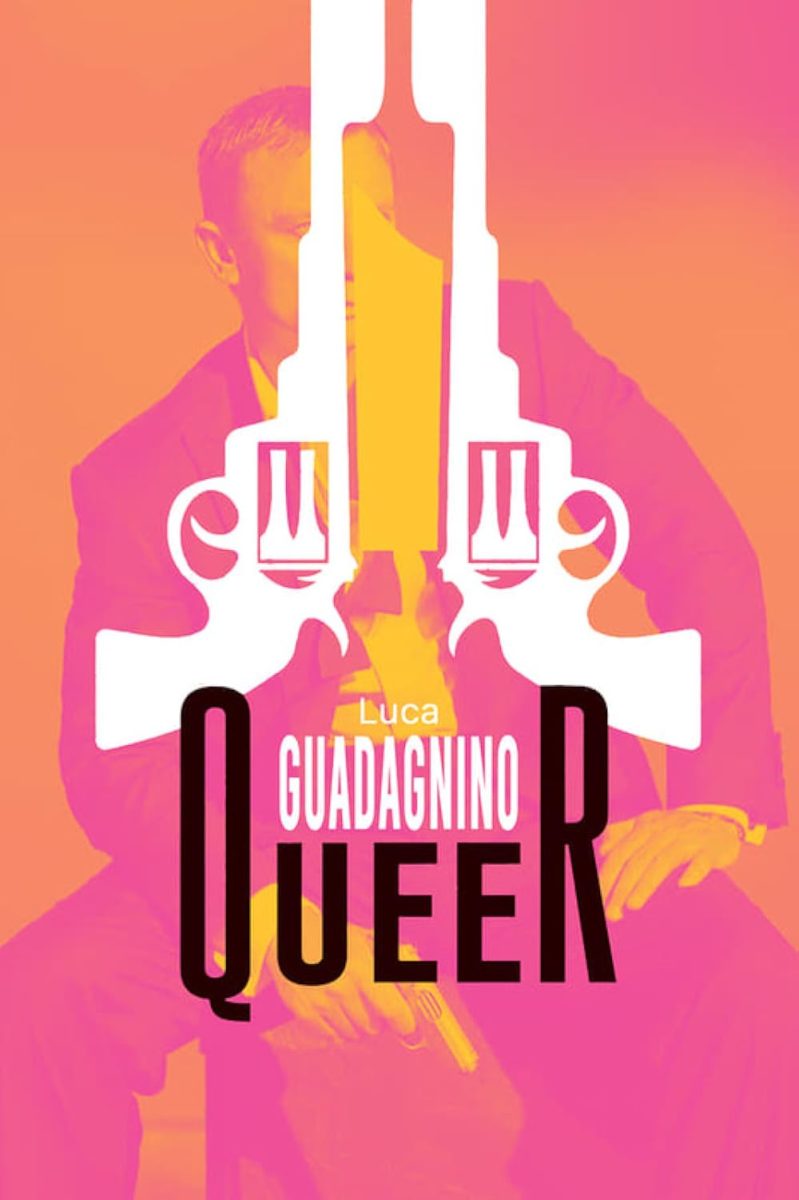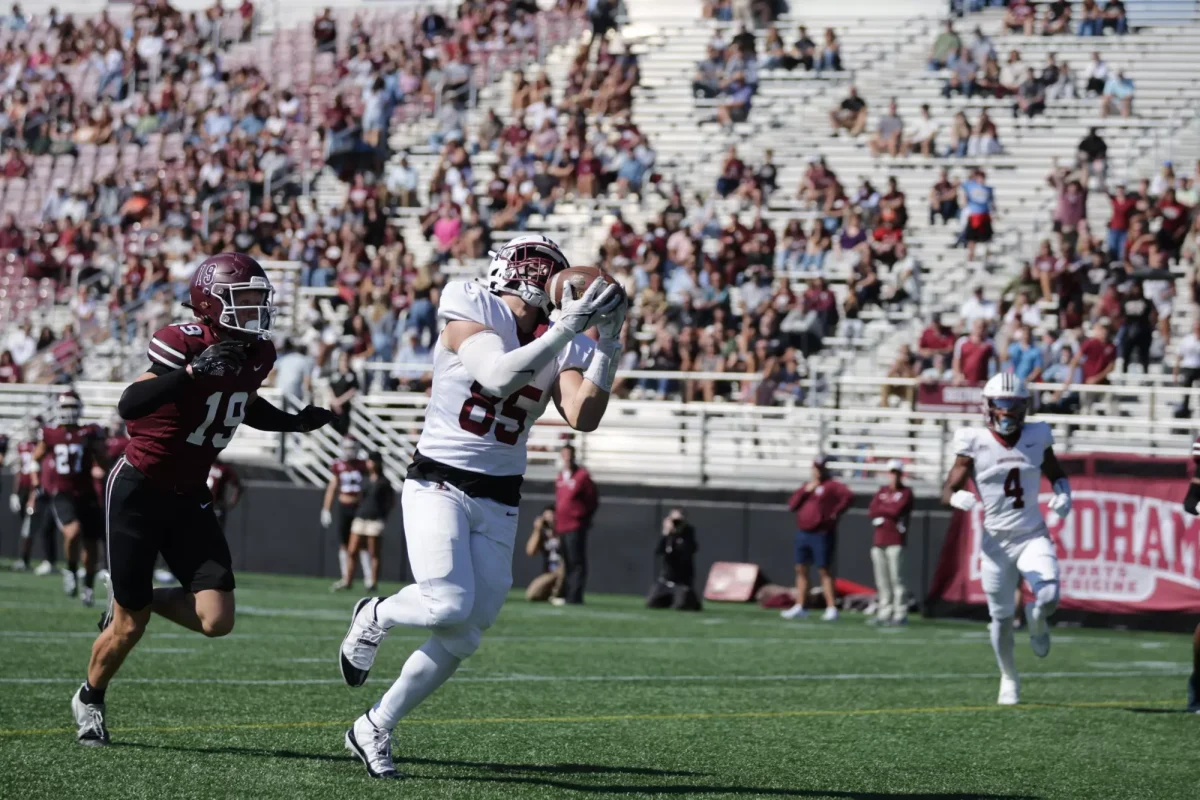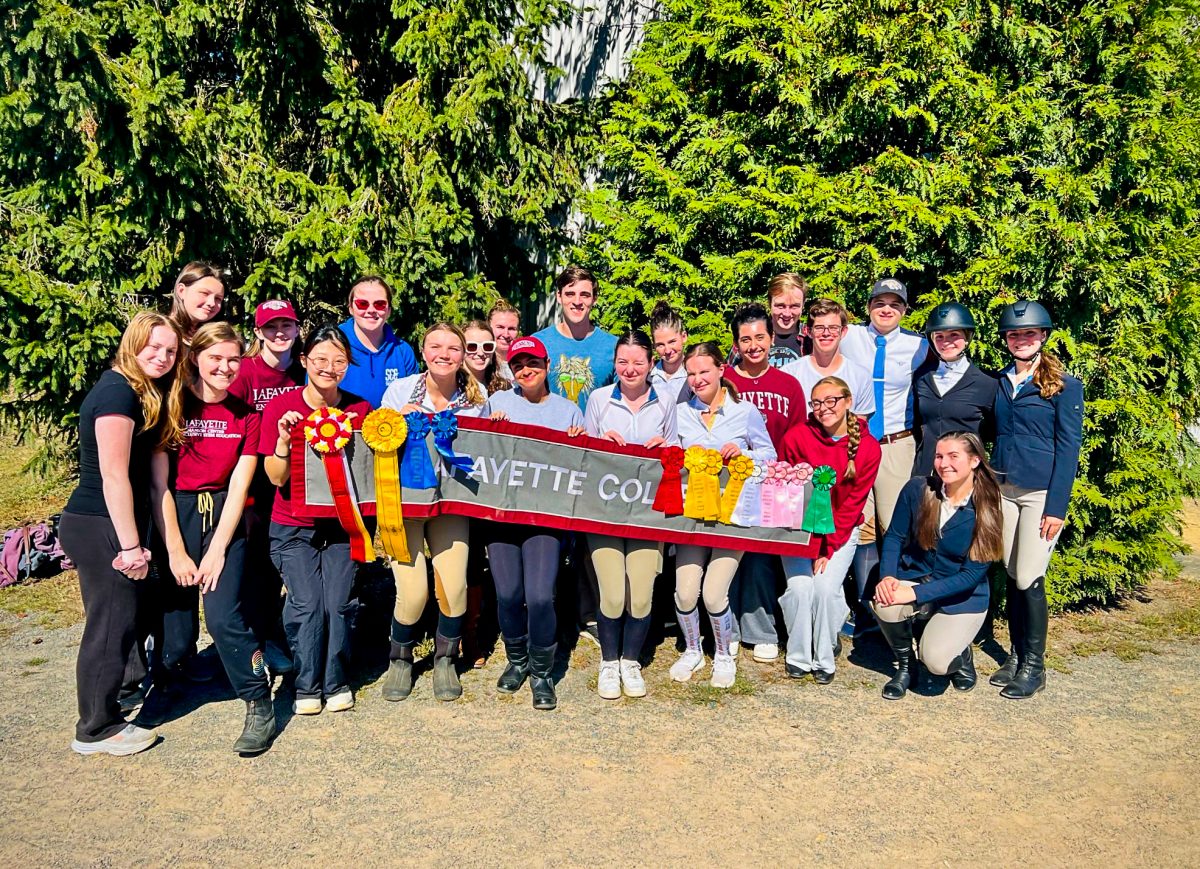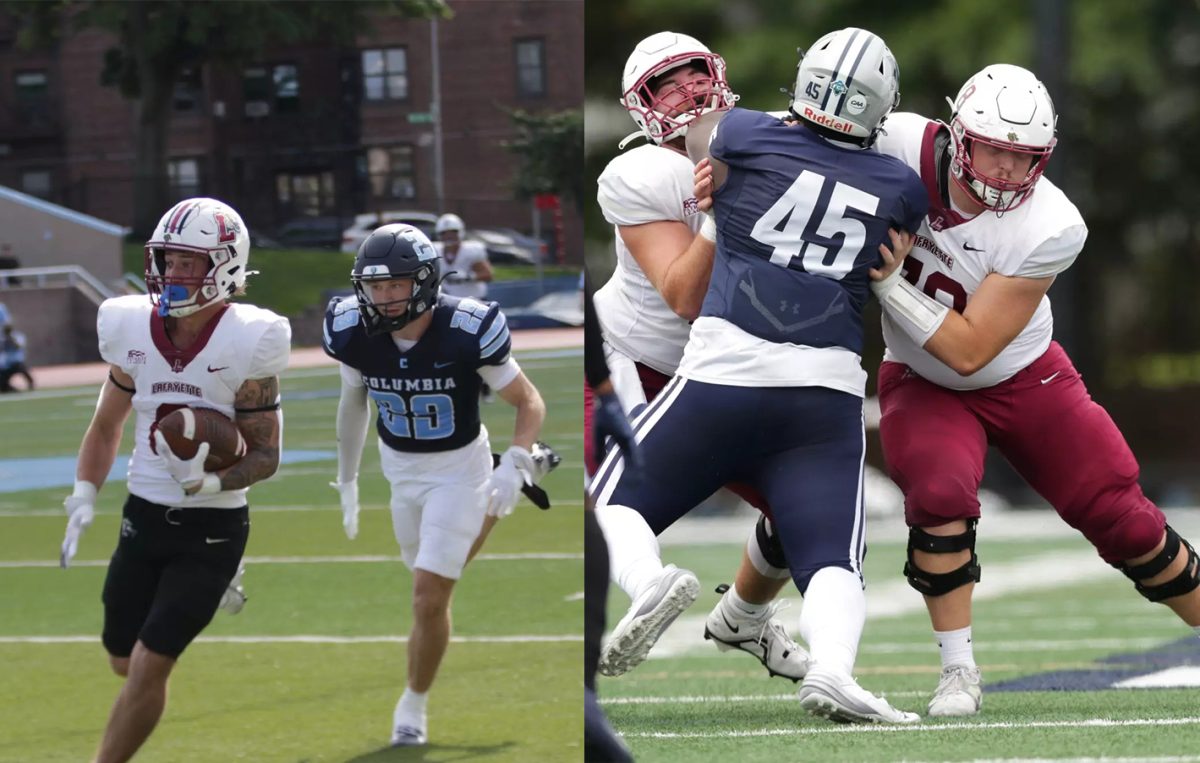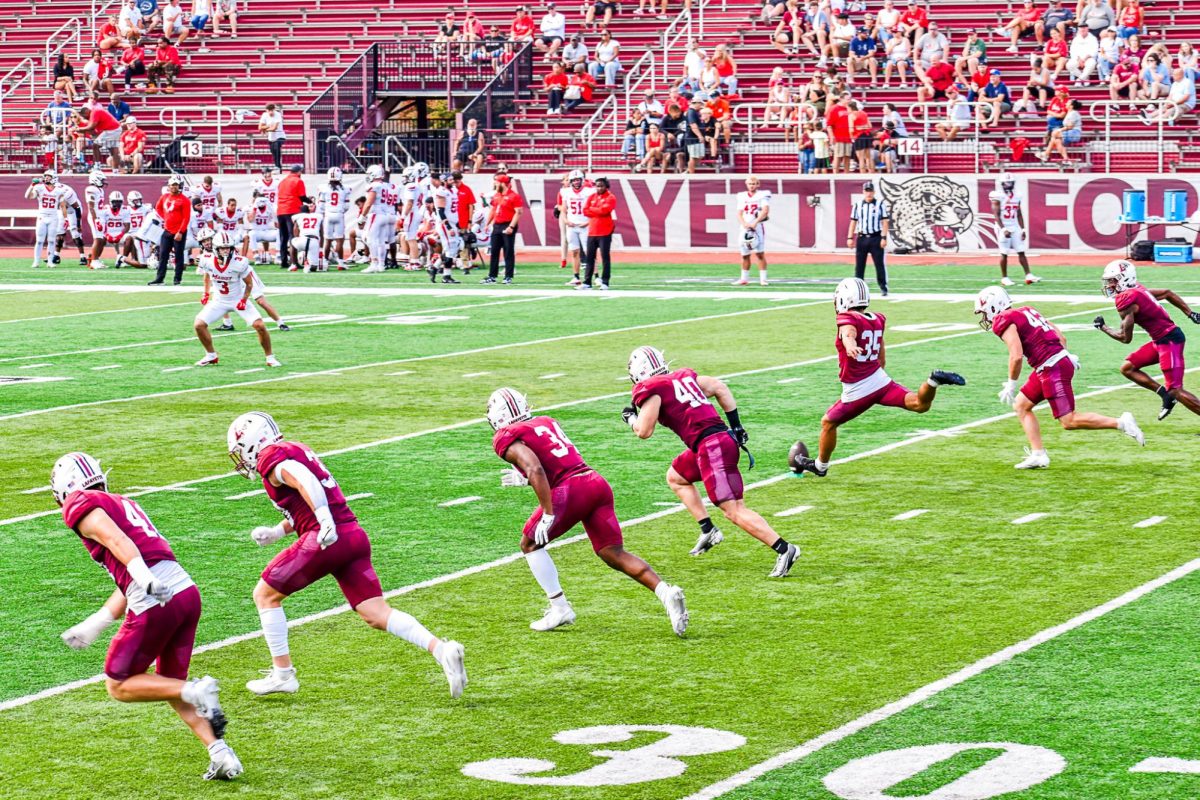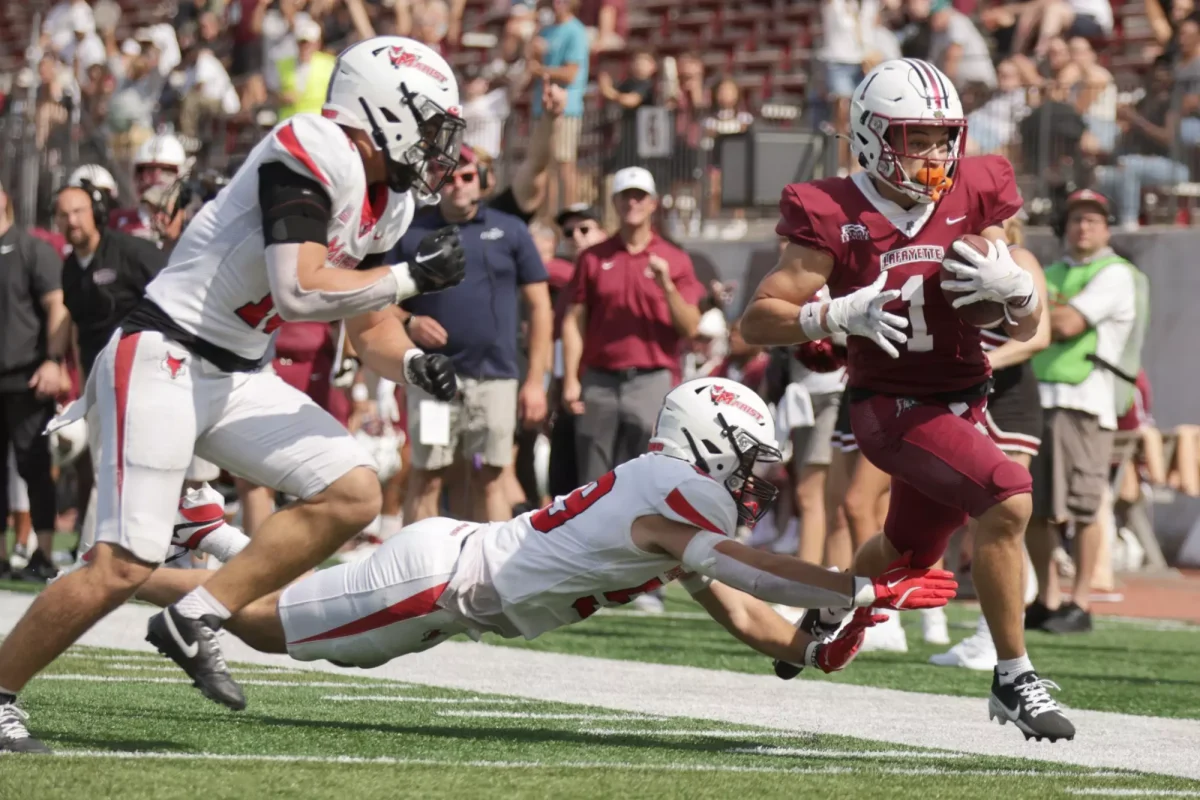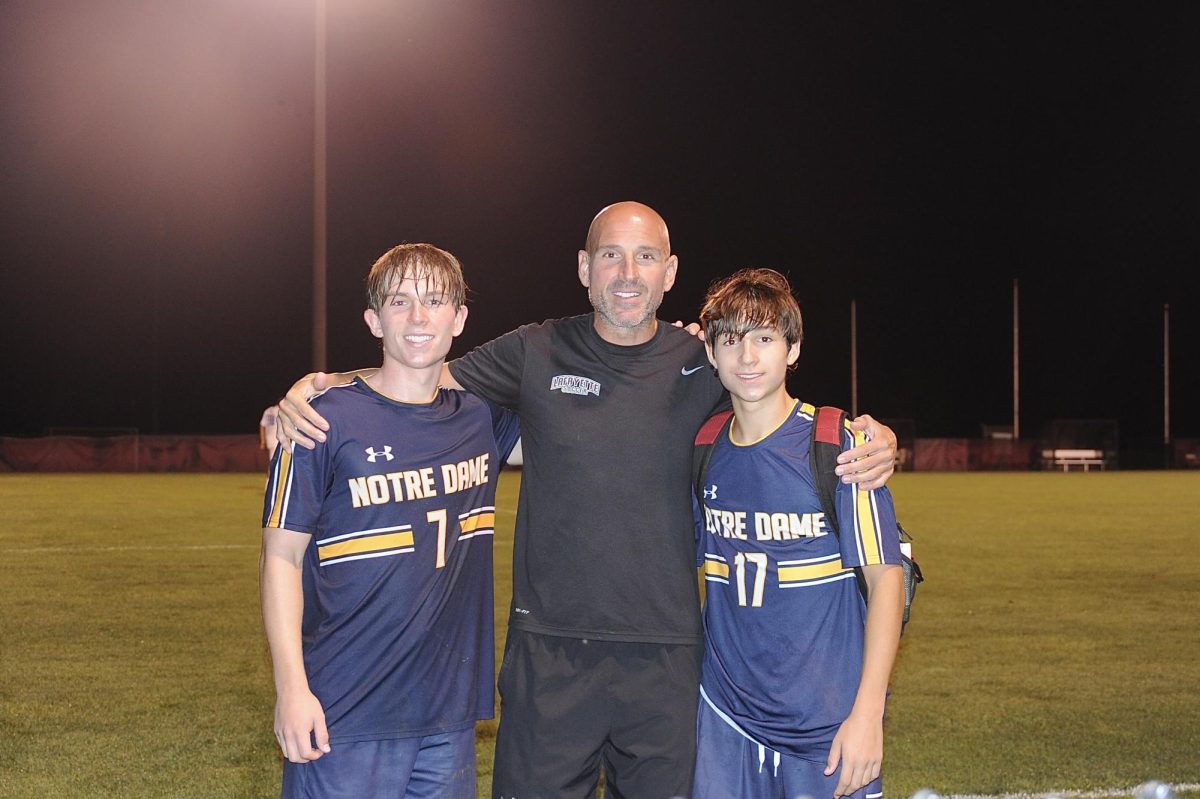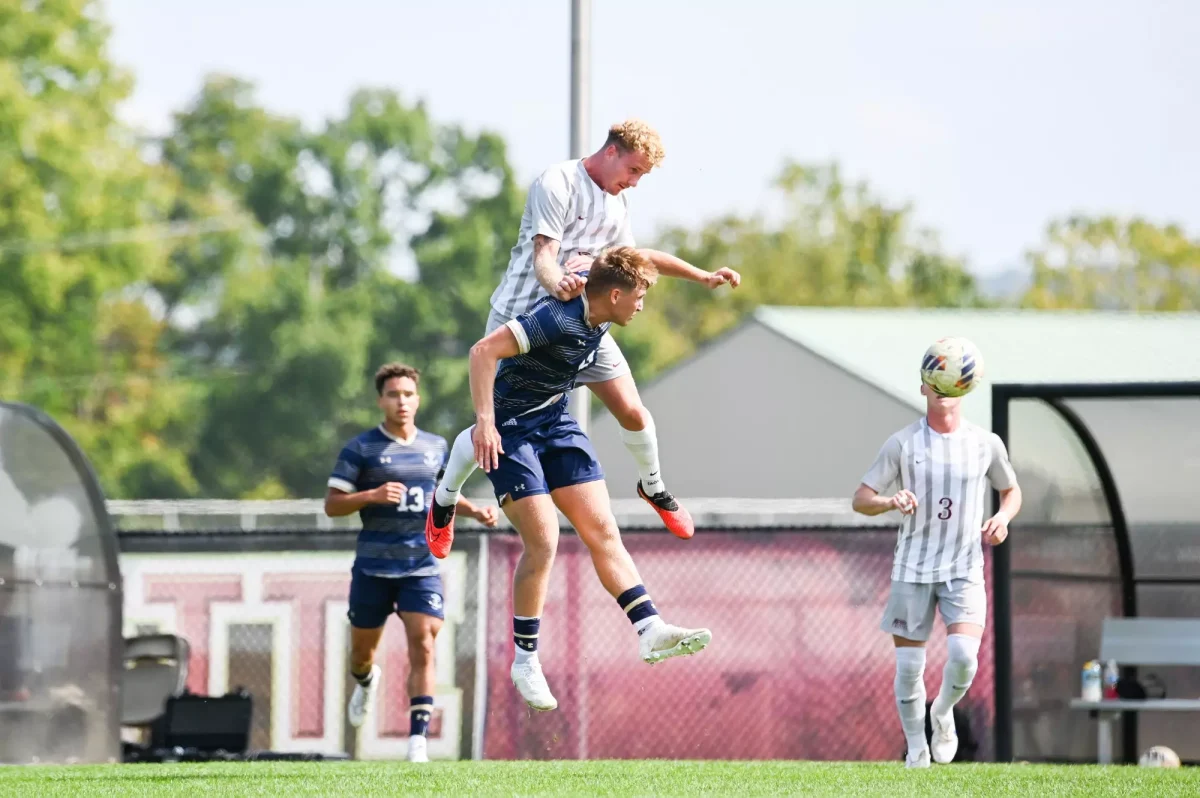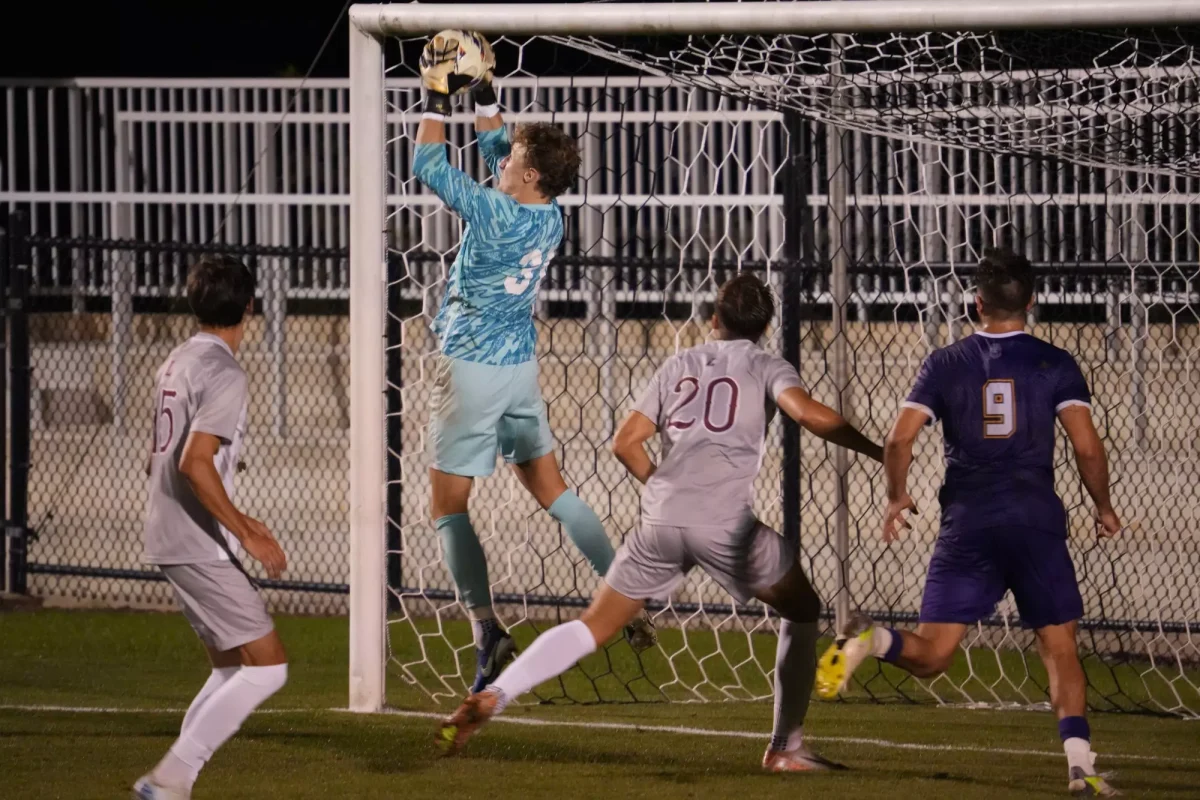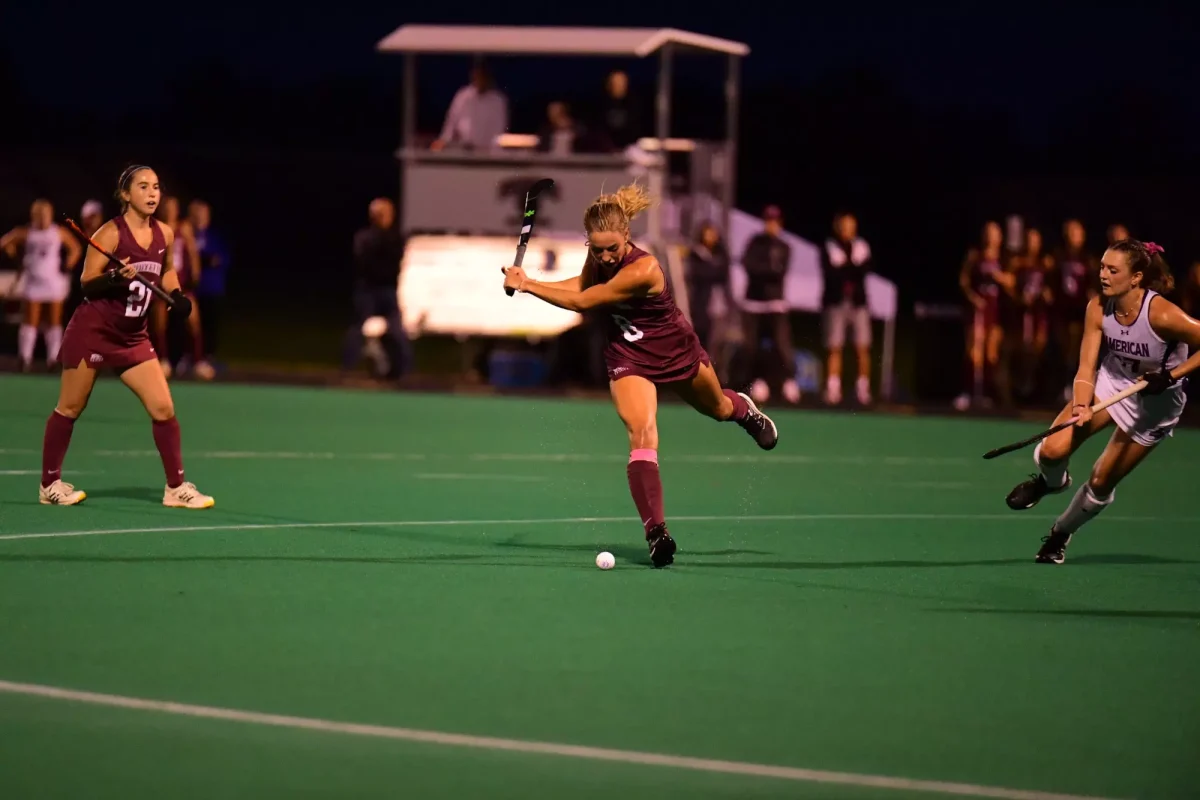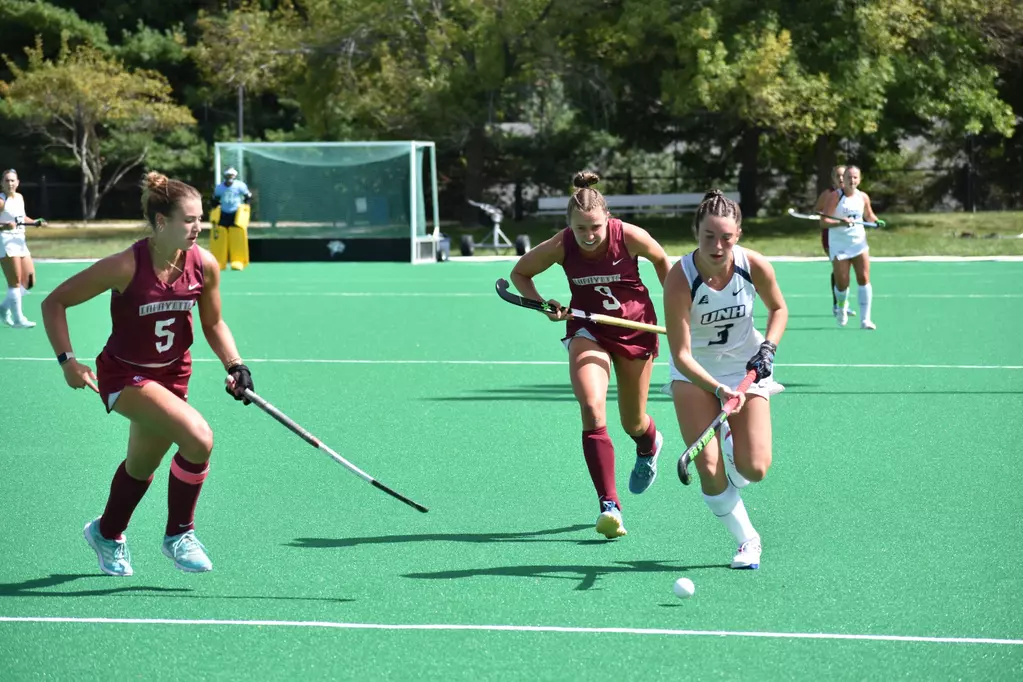‘Support system’ vs. ‘not the place for me’: LGBTQ+ students describe their experiences in Greek life
November 19, 2021
Perennially controversial, Greek life on Lafayette’s campus has been a topic of heated discussion for years, but one voice has rarely been heard: the perspectives of LGBTQ+ students in Greek life.
For some of these students, Greek life offers a much-needed support system. It has provided encouragement, a sense of belonging and emotional support, students said. Even those who said Greek life was too limiting maintained that the institution has merit.
Alan Jones ’24, a member of Delta Upsilon’s newest pledge class, said he feels welcomed and supported in Greek life.
“I’m just treated like any other person,” he said. “I haven’t taken full advantage of all the support systems that I have, but I feel like it’s a really great support system there.”
Maggie Champagne ’23, a member of Alpha Gamma Delta, said she finds Lafayette to be a safe haven and a place to foster self-expression.
Champagne described protests at her high school after students were shown a pro-LGBTQ+ video created by the anti-bias organization No Place For Hate. For her, discrimination became an expectation. “I’m very aware of [bigotry], and I’m very cautious entering into certain situations… [it] just comes with the territory, as being openly gay,” she said.
“[At Lafayette] I think I’ve only had really positive experiences in the sense that I found a support system and a family,” she added.
However, as exemplified by last year’s exodus of sorority members, the world of Greek life does not feel welcoming to all. Annika Murray ’23, a former member of Pi Beta Phi who identifies as nonbinary, left the organization because they did not feel that they belonged in an explicitly gendered space.
“I joined the sorority wanting to have the experience of that community and those resources, but I realized that it wasn’t for me from a few different things. I remember an experience of being at one of the training sessions for the national chapter,” Murray recalled. “It was maybe, like, a hundred or so people, and you had to have your pronouns in your name, and there were no people in there with anything other than she/her. I was like ‘damn, there’s nobody who even uses she/they?’ I mean, that kind of sucks.”
Even given this apparent discrepancy, Murray found the dropping process difficult.
“It was not something that I wanted to have to do. They make you talk to people and justify why you’re leaving and sign papers. It’s a whole thing…for me, the decision to leave was a personal one, and I continued to weigh the pros and cons,” Murray said.
Chi Phi member Colin Shalk ’22 expressed a similar discomfort with the language his fraternity brothers used before leaving campus in 2019 for the remote semester. However, he has found that since coming back to campus, his brothers have been supportive.
“I brought my boyfriend to Chi Phi a few times, and everyone’s been super inviting and super nice,” Shalk said.
An anonymous member of Delta Upsilon has noticed a similar shift in attitude.
“I came into Greek life kind of expecting a bunch of straight white dudes that have no respect for anyone else, but I found the exact opposite,” they said.

